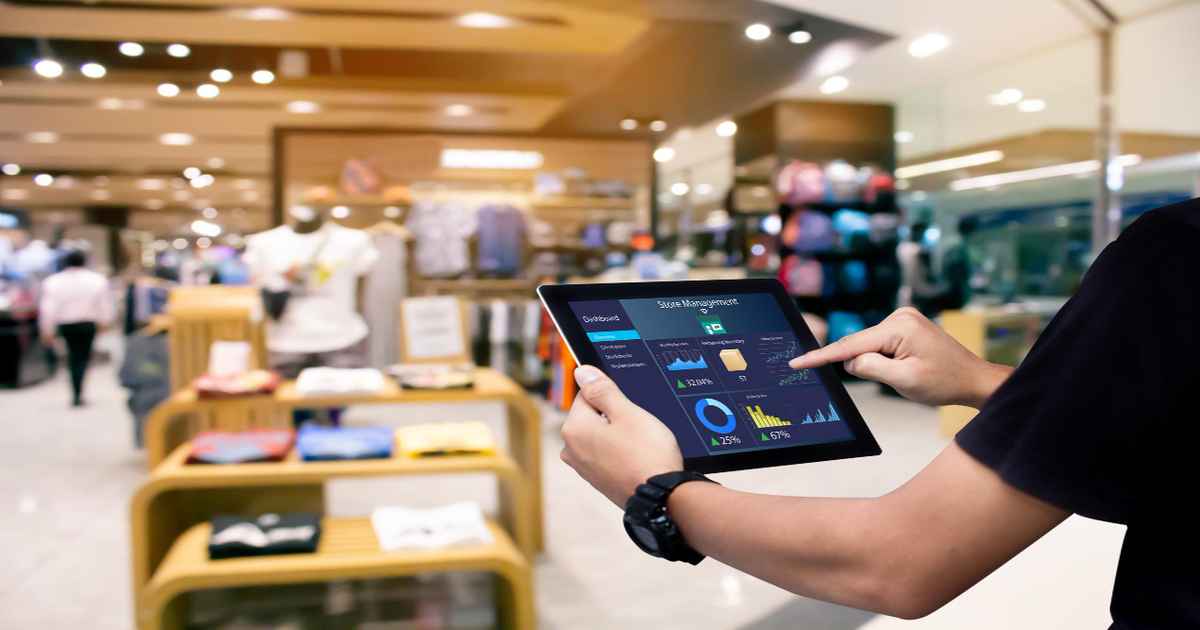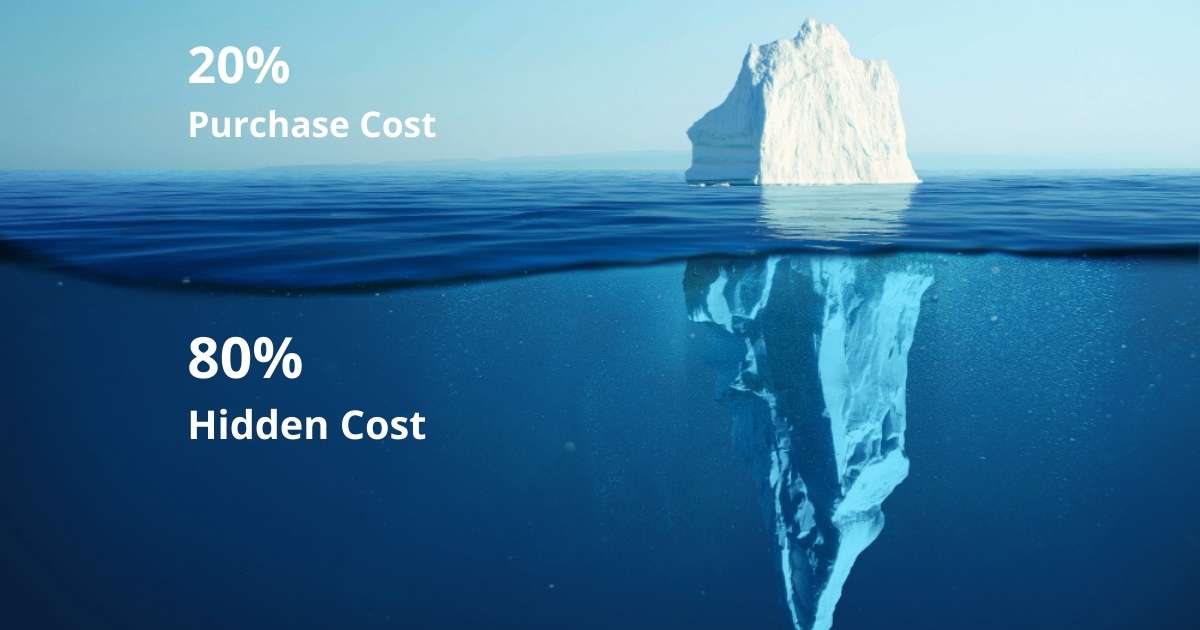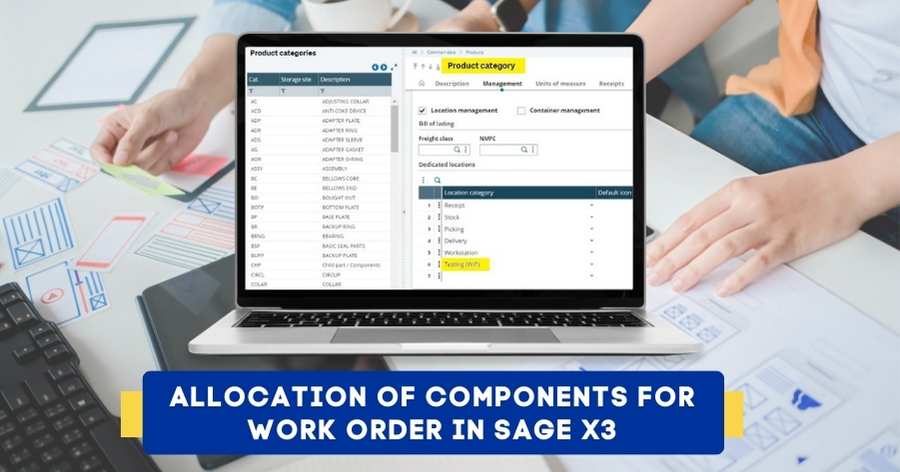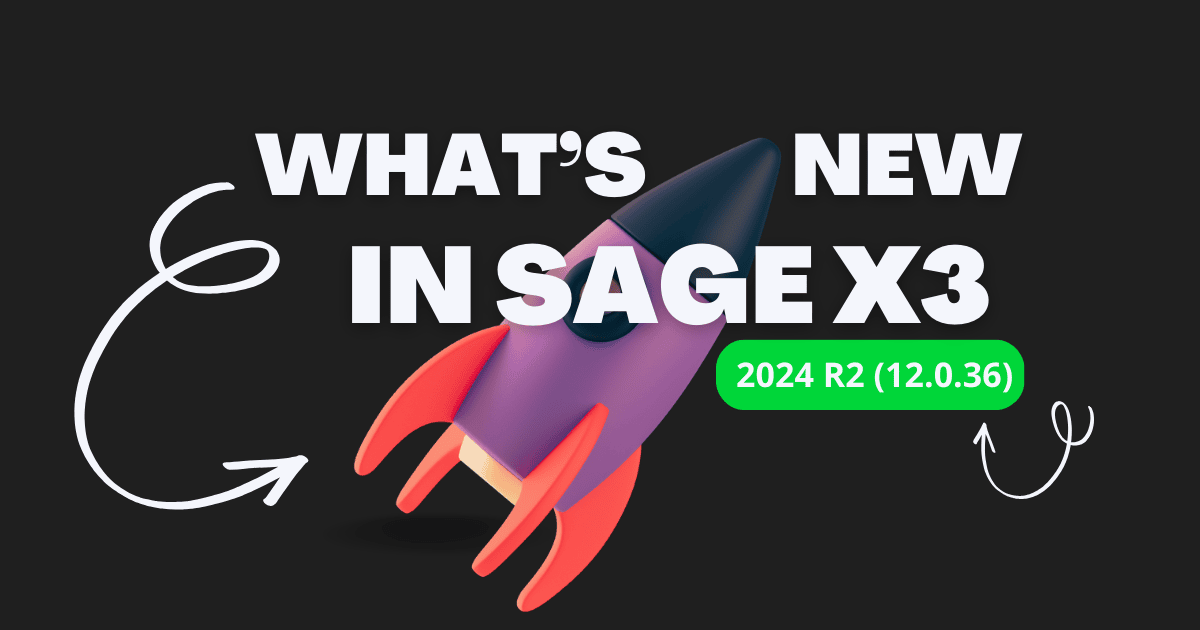ERP software is a business management software that automates business process and increases business efficiency by integrating all the work on one centralized platform. It consolidates information from several divisions, ensuring consistency throughout all corporate activities. By scheduling the flow of data, it serves as a central hub for end-to-end workflow.
What is ERP for the Retail Industry?
ERP for the retail industry is a specialized solution designed for retail store owners. Retailers can use it to streamline and automate various front-end and back-office tasks in an effective and efficient manner. It provides essential modules specific to omnichannel and multichannel retail owners. The automated system helps retailers organize and simplify tedious business operations, which traditionally required more time and manual effort.
Overview of Indian Retail Industry
India’s retail industry continues to remain the key driver of the Indian economy. According to a RAI survey published in the Times of India, retail sales grew by 8% in March 2024 compared to March 2023.
Increasing household income, the growth of the urban population, and increasing consumer spending are some of the key forces driving the growth of the Indian retail industry. Food and grocery, consumer electronics, and footwear products are major segments contributing to the growth of the retail industry.
Why Should You Use ERP in Your Retail Business?
ERP implementation can benefit retail businesses in numerous ways. It can improve operational efficiency and consolidate data from multiple departments and stores. This enables businesses to get real-time visibility into critical business data, prevent stockouts, and aid in decision-making.
- Minimize holding costs
- Monitor sales patterns
- Forecast demands
- Optimize inventory levels
- Integrate sales channels
- Make informed decisions
When is the Right Time to Implement Retail ERP?
There is no one-size-fits-all answer. The right time to implement retail ERP software will depend on a number of factors. Here are some of the important ones:
- The size of your business is growing and you’re facing operational issues
- Your customer database is consistently growing and your marketing team is unable to keep track of it
- Your business is suffering from bureaucracy problem due to sheer amount of paperwork
- Your employees lack the right tools to automate repetitive tasks.
- Your customers are complaining delays in addressing complaints
- Manual data analysis and report generation activities are wasting a lot of your precious time
You may also like : What Is At The Heart Of Any ERP System?
Artificial Intelligence and Machine Learning
Generative AI Chatbots provide quicker and more efficient customer support, leading to increased customer satisfaction. These chatbots can interact with customers, understand their preferences and requirements, and provide valuable insights into the company’s products. They are also able to assist customers with any issues they are facing.
Predictive Analytics
Predictive Analytics is a key tool for forecasting customer behavior. It is the practice of anticipating customer behavior with the help of historical data and trends. Retail ERP software helps with predictive analytics by formulating strategies that drive the business towards exponential growth.
Internet of Things (IoT)
IoT has been transforming the retail industry by enabling businesses to track the location, movement, and condition of shipments, assets, and inventories. The IoT sensors automatically transmit this data over the Internet.
Challenges Faced by Retail Companies
Intense Competition
India has had a boom in attracting global brands due to various factors, such as ease of doing business, enormous purchasing power, and high spending capacity. As a result, Indian retail companies have to compete with not only domestic brands but also global brands.
Rising Real Estate Costs
In India, there is a significant increase in the demand for commercial real estate properties in prime locations. As a result, retail companies face challenges finding affordable retail properties or rental spaces in highly populated areas. Ultimately, it results in their profitability.
Counterfeit Products
In India, many customers are tricked into purchasing substandard and defective counterfeit products. As a result, retail companies not only lose out on potential sales but also suffer reputational damage. Sometimes, such unethical attacks are manufactured by powerful competitors.
Poor Road Conditions
India’s road network is the second-largest in the world. However, it largely suffers from poor-quality roads, construction materials, and a lack of maintenance. This adds up to transportation costs for retail businesses, delays the shipment of products, and degrades the customer experience.
Cultural and Linguistic Diversity
Indian culture is so diverse. India has a rich legacy of diversity with hundreds of thousands of languages, some of which date back thousands of years. Retail marketers often face linguistic challenges while communicating with customers, delivering marketing and promotional materials, and following up on customer complaints.
Changing Consumer Demands
Changing consumer demands can have both positive and negative impacts on businesses. If a retail business is not able to keep up with the pace of change, it risks losing new opportunities, sales, and profitability.
Limited Adoption of E-Commerce Solutions
In today’s age of digitization, a strong focus on e-commerce is a must. However, some retail companies lack innovativeness and fail to adapt to the new changes. As a result, they face intense competition from giant e-commerce solutions and lose their customer base.
You may also like : Best Sales Management System To Up Your Sales
Benefits of ERP for Retail Industry
Superior Customer Service
Retail ERP software provides customer relationship management (CRM) features. It builds a centralized database consisting of a multitude of useful data about customer profiles, purchase histories, complaints, past conversations, and contact details. This vital information helps retail businesses provide superior customer service, efficiently handle complaints, and provide a personalized experience.
Strong Data-driven Decision Making
Data-driven decision-making is a necessity for modern businesses. Enterprise Resource Planning software for retail provides reliable insights into business data through automatically curated reports, which aid in accurate forecasting of sales and market trends and allow you to take strongly data-backed decisions with greater confidence.
E-Commerce Integration
Retail ERP software provides seamless integration with e-commerce tools to provide real-time information about online orders, boost conversions, reduce manual errors, and increase profits.
Sales Forecasting and Planning
Sales Management ERP collects data from all departments and provides a complete picture of demand for products and services. It analyzes historical trends and patterns to forecast sales and develop targeted marketing campaigns.
Efficient Supply Chain Management
Retail ERP software provides end-to-end visibility throughout the supply chain management process. As a result, retail businesses handle the procurement and delivery of goods more efficiently. It makes them more scalable, efficient, and responsive.
Audit-friendly Financial Reports
Manual data entry can be riddled with so many errors during financial management. ERP software for retail automates financial management, report generation, and human errors. It makes your data transparent, audit-friendly, and consistent across all stores and entities.
Effective Vendor Management
Retail ERP software makes the procurement process easier. Once businesses build a list of suppliers based on their location and product features, they can define automated purchase approvals based on different price levels.
Key Modules of Retail ERP
Distributed Warehouse Management
Retail ERP software has a Warehouse Management System built in. It manages inward and outward processes, billing, and enables retail businesses to efficiently transfer stocks internally.
Centralized Order Tracking
Order management becomes easier with ERP. A centralized order tracking system simplifies the difficult task of tracking orders across multiple stores. It provides accurate inventory data, helps retailers detect and prevent fraud, and ensures orders are fulfilled on time.
Discount Management
Providing unreasonably higher discounts can lead to low profit margins, while unreasonably lower discounts can lead to ineffective advertising campaigns. The discount management module helps in lead generation, price negotiation, couponing, and management, thereby helping meet the sales targets.
Returns Management
Retail ERP software provides a flexible system to manage returns, make returned products available for resale or refurbishment, and take action on defective products.
Vendor Management
Vendor Management is a key module in retail ERP software that provides various features to reduce vendor-specific risks, minimize procurement costs, negotiate with vendors, and conduct vendor-specific performance analysis.
Human Resource Management
The HR Management module in retail ERP software lets retail businesses track employee performance, manage employee attendance, timesheets, payroll, and various other HR functions.
Risk Management
This module enables businesses to identify critical risks, measure potential impacts, and implement integrated risk management practices to address them.
Steps for Implementing ERP for Retail Companies
Conduct a Thorough Needs Assessment
In order to get the most out of the system, you will need to plan out and identify areas of inefficiency. You will need to determine which specific ERP modules or functionalities you will need to address those inefficiencies.
Choose an ERP that Aligns with Your Requirements
Choosing the right retail ERP software is a crucial step in taking your business to the next level. You will need to take a deep dive into its operations, compare its alternatives, evaluate its limitations, and check whether it aligns with your company’s requirements, goals, and budget.
Develop a comprehensive implementation plan.
Sage X3 ERP is a complex system because it integrates with many functions across your business. If you don’t develop a comprehensive plan before ERP implementation, your business can run into implementation errors, delays, data accessibility issues, system downtimes, and missed sales opportunities.
Plan ERP Customization
Customizing retail ERP software can help your business in numerous ways. It will provide you with a higher level of control over business operations, ensure steady workflow, reduce costs, and adjust to integrate with third-party solutions.
Test and Validate the New System.
Your business has invested a significant amount of time, money, and resources in the best ERP. In order to ensure your new system is functioning correctly, you will need to test and validate it. It will help you identify operational errors before the full launch.
Employee Training
Training your employees to handle the new retail ERP systems will help them become more productive and complete tasks more quickly. It will help them adapt to the new changes and align with your company’s strategic goals and visions. Keep in mind that a lack of training for your employees can lead to the tool’s unused potential and hinder your retail ERP software from reaching its full potential.
Go Live
After testing and validating your new system, you can go live. It is an exciting opportunity for your business to revamp its existing processes.
Consistently Monitor the System
Now that your system is live, it is equally important to consistently monitor it for performance, errors, and security issues.
Real-world Applications of ERP Retail Software
Multi-Channel Retailers
Multi-channel retailers sell similar products across different platforms, such as mobile apps, e-commerce websites, and physical stores. They thrive to reach a wider audience, provide a convenient shopping experience, and increase revenue. Retail ERP software integrates their online and offline operations so that customers get a seamless shopping experience. It also helps them with order management and shipment tracking. The Inventory Management Software helps track inventory levels in real-time to prevent stockouts.
Large-Scale Retail Chains
Enterprise Resource Planning software aids large-scale retail chains in order processing, inventory management, and customer service, which reduces the complexity of their business operations. It improves overall efficiency by providing centralized control and standardizing various processes.
Boutique and Specialty Retailers
These retailers specialize in a very limited number of product categories and focus on niche markets and product offerings. Retail ERP software helps them manage specialized product catalogs for personalized service offerings and build strong customer relationships.
Franchise
ERP system helps franchisee managers eliminate financial errors by automatically generating curated month-end reports. They can view key information on Dashboards that are filtered down to the KPIs of their preference. It dramatically boosts their profitability by reducing waste and controlling inventory levels.
Supermarkets
Supermarkets use ERP-powered POS systems that keep track of every sale and accept payments. The Business Intelligence Tools in the best ERP help them forecast demands by analyzing historical data and buying patterns.
Online Retailers
Retail ERP software helps e-commerce websites operate more efficiently by automating customer support, product inventory management, and other operations. ERP application for retail also incorporates various features that help them comply with local regulations.
Conclusion
ERP Retail Software is an all-inclusive retail Business Management Software for your retail business. It delivers a faster, more instinctive, and personalized experience and provides end-to-end vision across your different business operations. Whether you’re running multiple retail outlets across different locations or dealing with prices in multiple currencies, it will provide powerful sorting, filtering, querying, and analytical features without toggling between various software. Your business can proactively respond to any market change and drive operational performance going forward.
One of such robust ERP systems are SAGE X3 & SAGE 300, which meets all the demands of the modern retail industry and also provides customizable services according to the company requirements.







